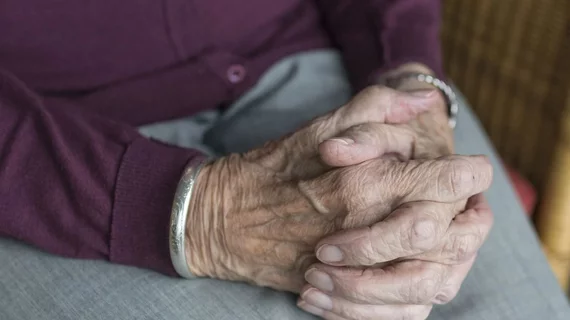AI senior-monitoring project takes on new import with COVID-19
Stanford researchers had been working for years on an AI-powered system to monitor elderly patients at home when the coronavirus outbreak became a global crisis. Now their work is not just nifty but needed.
The research and development project is not yet completed, but its codirector, Fei-Fei Li, PhD, of Stanford’s Institute of Human-Centered AI (HAI), tells VentureBeat a pilot study is finished, suggesting momentum is gathering.
When completed, the system will use cameras and several types of smart sensor—video, depth, thermal, wearable—placed in seniors’ homes or on their persons.
Data sent from the mix of hardware and software will go to a secure central server. Clinicians and AI-specialized computer scientists will analyze and annotate the data, rendering it in a format suitable for training a machine-learning model.
These models “are trained to recognize clinically relevant patterns, including respiratory, sleep, dietary and other behaviors,” Li tells VentureBeat reporter Seth Colaner.
Vital signs and behavioral patterns that aren’t relevant would be left out in order to safeguard the seniors’ privacy.
“We’ve spent the last several years looking at how a set of AI technology could help aging seniors to live more independently and cope with chronic disease management,” Li says. “But recently we realized the same technology for longer-term care might also be helpful for seniors in this acute pandemic.”
Read the whole thing:

